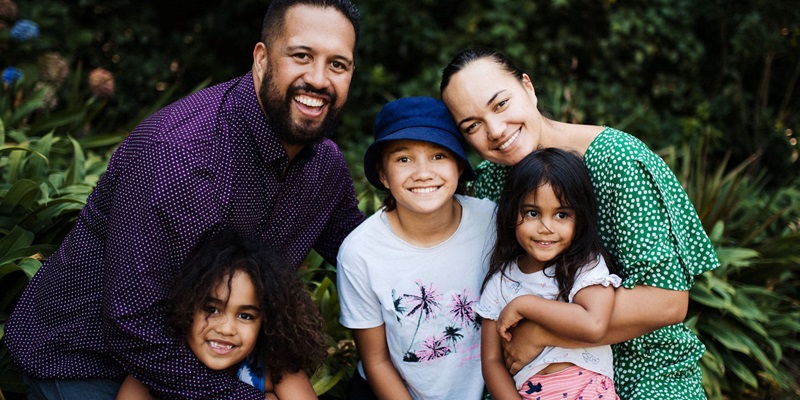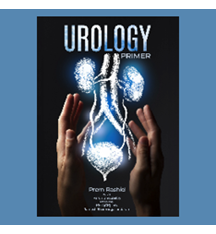2023 | Volume 24 | Issue 2
Dr Jamie-Lee Rahiri - SET Trainee One Year scholarship recipient

For Dr Jamie-Lee Rahiri, winning the Surgical Education and Training (SET) Trainee One Year Scholarship for 2022 is a “testament to the Royal Australasian College of Surgeons (RACS) recognising the importance of health and mental wellbeing among surgeons in training”.
A general surgery Trainee (Year 2) based in Gisborne, Aotearoa New Zealand, Dr Rahiri found early in her career that there was a lack of support system and training for Trainees and non-Trainees, and particularly Māori aspiring surgeons.
With the scholarship, she is developing a culturally safe peer group framework that supports the wellbeing of Trainees and non-Trainees.
Dr Jamie-Lee, who is of Ngāti Porou, Ngāti Whātua and Te Atihaunui-a-Pāpārangi descent, is a passionate advocate for health equity, cultural safety and Māori health.
The SET scholarship, which supports activities undertaken by Trainees as they pursue their surgical training, is just one part of Dr Rahiri’s recent accomplishments. In 2021, with the aid of funding from the Health Research Council of New Zealand, she established her own Kaupapa Māori surgical research institute—Te Piringa Kōtuku.
The institute aims to nurture mentors who can inspire more Māori aspirants to become surgeons. “In order to do the work that we want to do and to attract like-minded people, we need a safe space for that to happen,” Dr Rahiri said.
After completing her Bachelor of Medicine and Surgery (MBChB), Dr Rahiri chose surgery. At the start, she did not like “the culture of it”. Despite persistent health inequities in accessing surgical interventions and higher rates of perioperative morbidity and mortality for Māori, she saw how surgeons “were talking about us”.
"The presumption that we as Māori are undeserving as our bad personal choices cause our health problems is precisely the reason why our profession fails to adequately serve us.”
The certainty in her career direction came after that. “If I don’t like what I see then I need to be a part of it to protect our people and come up with tangible solutions.
“The procedural part of the job is amazing, and I love it, I think that’s the easiest part. The hardest part is your connectivity to your patients and the community that you serve,” she said.
Dr Rahiri believes general surgery has the greatest potential to contribute more towards equity. “There is a plethora of opportunities in this field to be of good service and to make significant headways into eliminating health inequities for Indigenous peoples.”
Towards this end, she also changed the focus of her PhD, which she completed in 2020 from the University of Auckland. Her research focussed on investigating equity in access to bariatric surgery for Māori and also understanding how health benefits could be optimised for Māori post-surgery.
With more women now coming into general surgery, Dr Rahiri finds it encouraging, “but there are barriers no doubt. The biggest bias is that if you take time off, you are not an active contributing member to the surgical community. How do you measure the quality of the time taken to do research?”
As a young woman doctor with three daughters, Dr Rahiri says the fact that she is a Trainee is a privilege. “I get to be a surgeon apprentice during the day and then come home to my whānau at night. I do not take it for granted.”
With a doctor’s right notion, Dr Rahiri shows the path to be the best advocate she can be in serving her people and the general community.
RACS offers a range of scholarships and grants annually to support research, learning and development through its Scholarships and Grants program.
To find out more, visit www.surgeons.org/scholarships.

